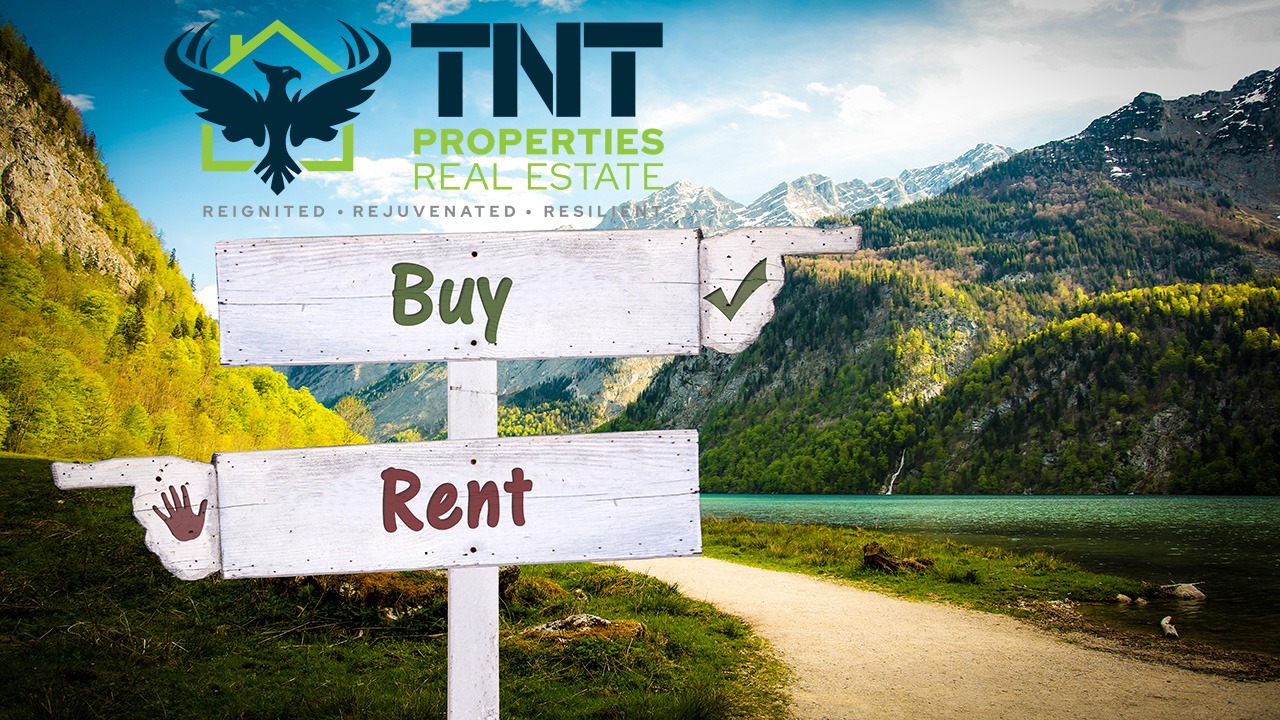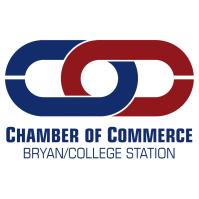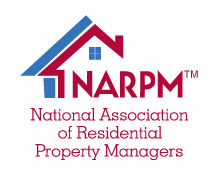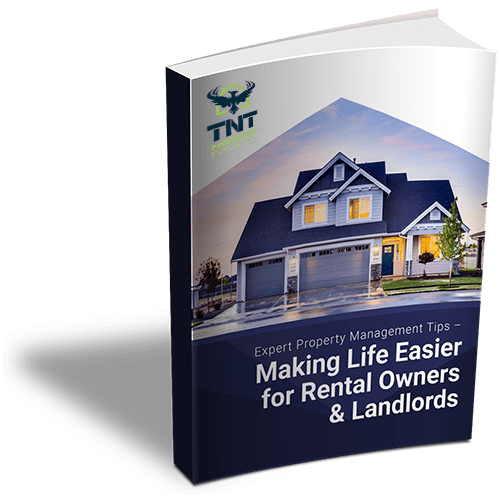Renting vs. Owning a Rental Home: What’s Best for You?
The decision between renting a home and owning a rental property is significant and depends on several factors including financial stability, lifestyle preferences, and long-term goals. This basic guide explores the pros and cons of each option, helping you to determine which path aligns best with your personal and financial circumstances.
Renting a Home
Pros:
- Flexibility: Renting offers the flexibility to move with relative ease without the burden of selling a property. This is ideal for individuals who may face job changes, uncertain long-term plans, or simply desire the freedom to explore different neighborhoods or cities.
- Fewer Responsibilities: As a renter, you may or may not be responsible for maintenance or repairs. This can significantly reduce the stress and additional costs associated with property upkeep.
- Lower Upfront Costs: Renting typically requires less money upfront than buying. Costs such as down payments, closing fees, and property taxes are not a concern for renters.
Cons:
- No Equity Building: Rent payments contribute to your landlord’s equity, not yours. Unlike homeowners, renters don’t benefit from the potential financial gains of property value increases.
- Limited Control and Stability: Renters often face restrictions on how they can use or modify the property. Additionally, rent prices can increase, or rental agreements may not be renewed, which can create a sense of instability.
Owning a Rental Home
Pros:
- Income Stream: Owning a rental property provides a potential income stream through tenant rent payments. This can be a steady source of revenue and can help cover the mortgage and other property-related expenses.
- Building Equity: As a property owner, you build equity as your property value increases over time. This equity can be leveraged for additional investments or loans.
- Tax Benefits: Property owners can often deduct property taxes, mortgage interest, and costs related to property management and maintenance from their taxable income.
Cons:
- Higher Upfront Costs: The initial investment in purchasing a property can be substantial. Down payments, closing costs, and initial maintenance or renovation expenses require a significant amount of capital.
- Management Challenges: Owning a rental property comes with the responsibilities of a landlord, including maintaining the property, managing tenants, and dealing with potential legal issues or disputes.
- Market Risk: Real estate markets can fluctuate, and there is always a risk that the property value may decrease. Additionally, periods of vacancy can impact the profitability of owning a rental home.
Conclusion
The choice between renting and owning a rental home depends largely on your personal circumstances. If you prefer flexibility and minimal responsibility, renting might be the better choice. However, if you are prepared to handle the responsibilities of property management and are looking for a potential investment and income opportunity, owning a rental home could be advantageous.
It’s important to thoroughly assess your financial situation, career stability, and personal preferences before making this decision. Consulting with real estate professionals and financial advisors can also provide valuable insights tailored to your specific situation.


 Previous Post
Previous Post Next Post
Next Post





